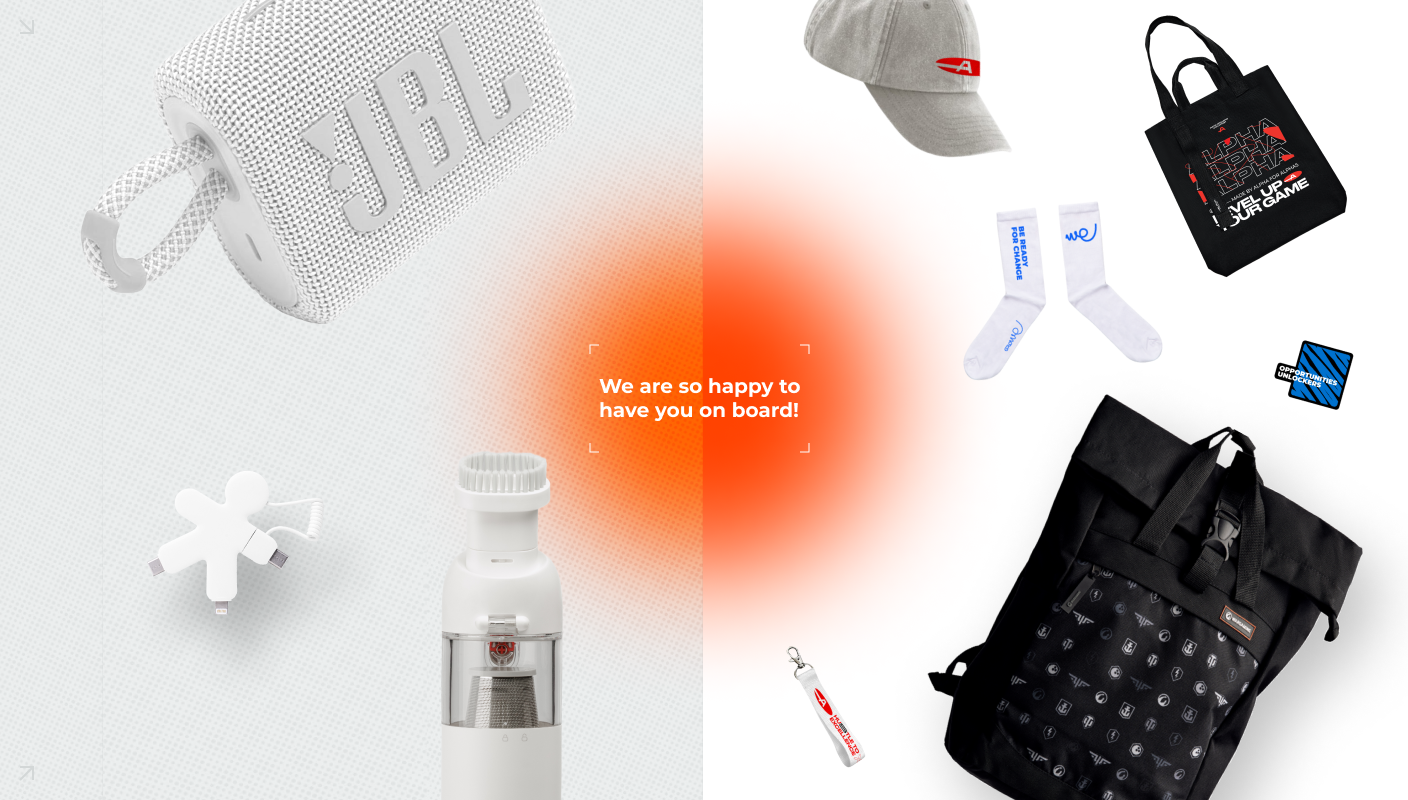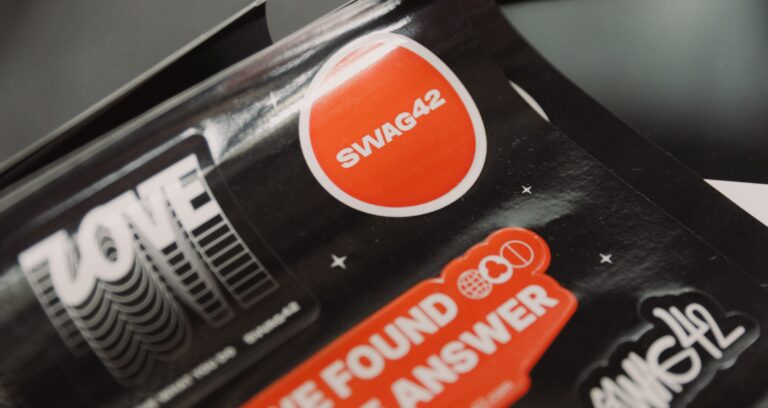Do you know how much it costs to replace an employee? Gallup estimates that replacing leaders and managers costs around 200% of their annual salary; replacing technical professionals costs 80%, and replacing frontline employees costs 40% of their salary.
Therefore, rising turnover is a pressing challenge for modern companies, especially for HR managers tasked with employee retention. And here, corporate team gifts, a powerful retention tool, come to the rescue.
Let’s explore the 2025 employee turnover trends and how thoughtful team gifts can help retain top talent.
Employee turnover is rising
The 2025 employee retention landscape marks a critical turning point for organizations. With 51% of employees actively exploring new opportunities and 42% of turnover deemed preventable, the data highlights a workforce increasingly driven by the desire for meaningful engagement, recognition, and growth.
According to the Gallup study, global employee engagement dropped to 21% in 2024, with managers showing the sharpest decline. This represents only the second dip in engagement over the past 12 years. The two-point drop cost the global economy an estimated $438 billion in lost productivity.
The average employee tenure has declined from 4.5 years in 2022 to 4.2 years in 2024, demonstrating a trend toward shorter employment periods, especially among millennials and Gen Z workers.
Some industries face more significant risks:
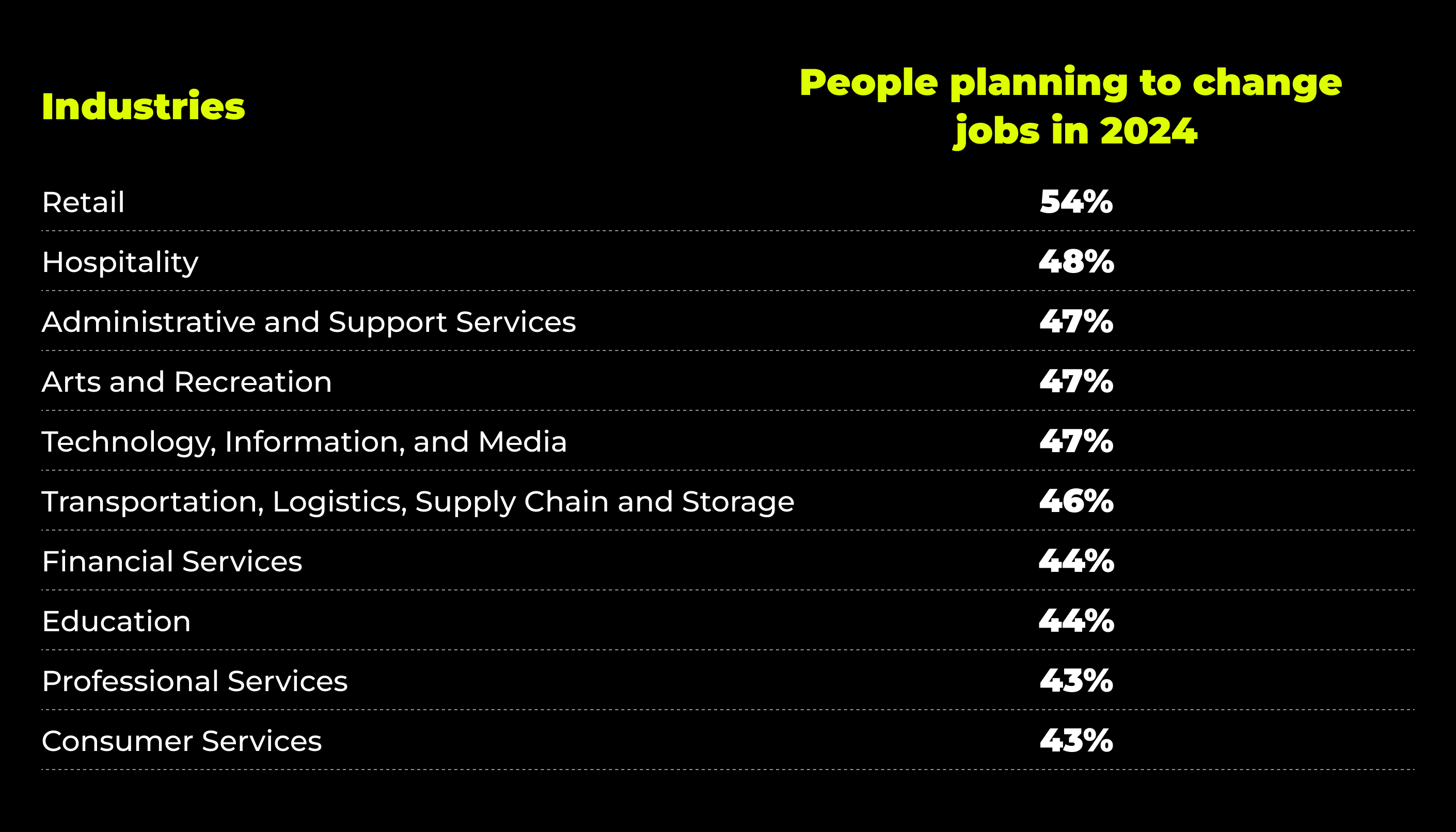
Overall, reducing employee turnover and increasing engagement remain top priorities for businesses across all industries. In fact, according to 2025 surveys, 57% of CEOs cite employee retention and engagement as one of their main business focuses for the year.
The total cost of employee turnover
As PRNews reports, the recruitment process now takes 44 days on average and costs $4,700 per employee, according to the SHRM. But that only concerns the hard costs—the obvious expenses of talent sourcing, selection, and onboarding.
However, considering the soft costs—productivity loss, onboarding inefficiencies, and team disruptions—hiring a new employee can be 3x to 4x the position’s salary. Thus, if you’re hiring for a job that pays $60,000, you may spend $180,000 or more to fill that role.



Turnover doesn’t just hurt your budget—it can demoralize the team and create a snowball effect. When employees see colleagues leave, they may feel uncertain and question their loyalty.
Why employees leave
According to the Work Insitute 2024 Retention Report, the major reasons for leaving are career development constraints, absence of work-life balance, poor management, inadequate rewards, and a toxic environment.
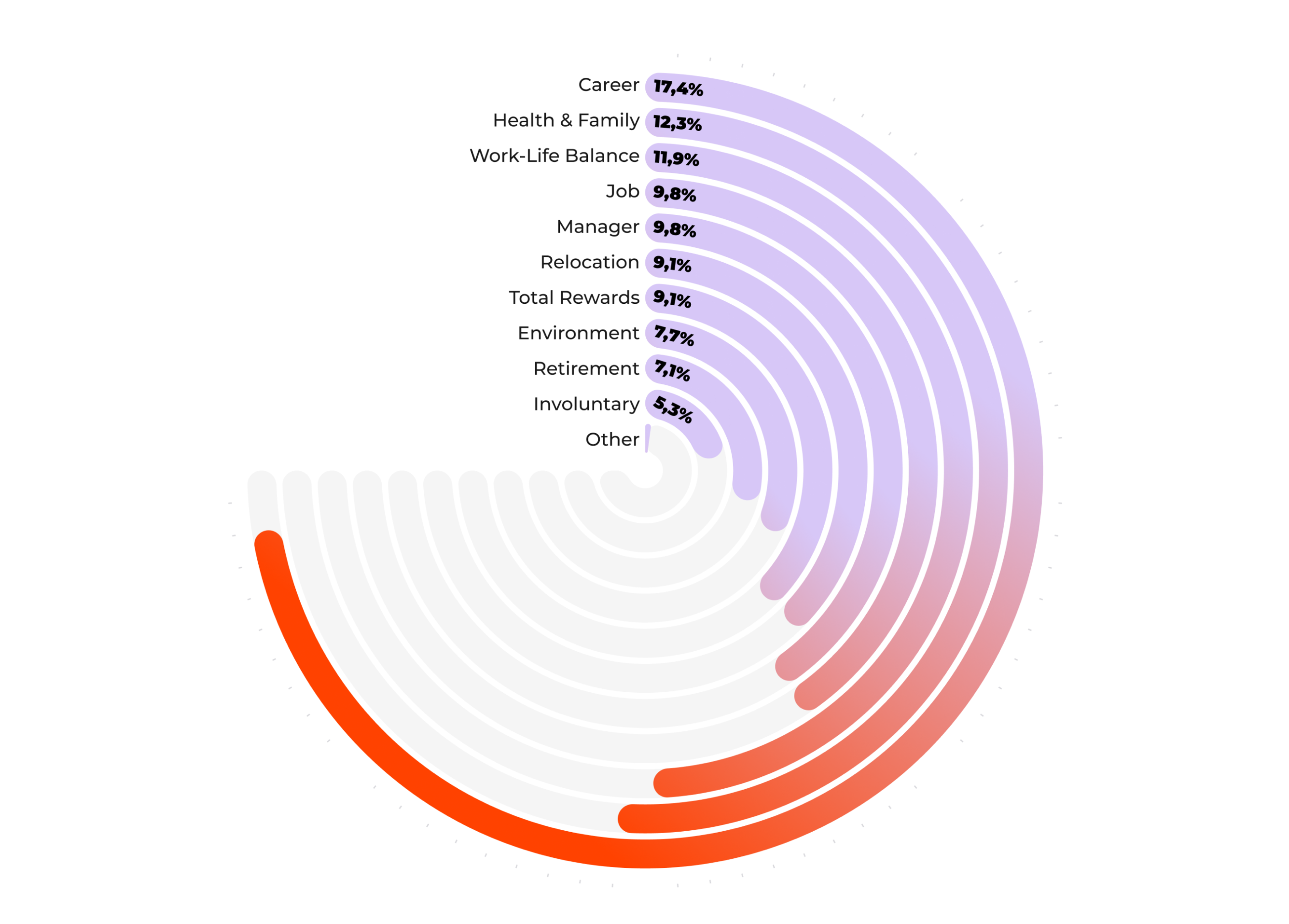
The core reasons for quitting depend on the industry, the context, the company, and the processes. Therefore, talent managers should investigate the reasons for voluntary turnover in their companies and find ways to fix problems that can be addressed.
For investigation, HRs can analyze turnover data, segmenting it by role, department, and demographics. They should also encourage all leavers to participate in an exit interview and track what companies the employees leave for to understand the bottlenecks.
These data serve as the base for implementing targeted solutions such as career development programs, enhanced management training, and creating a culture of appreciation.
How team gifts improve staff retention
Corporate gifting plays a significant role in shaping an organization’s culture. Recognizing employees with team gifts fosters a culture of appreciation and recognition. When employees see that their contributions are valued, it encourages a sense of belonging and loyalty, reducing turnover rates and helping you retain top talent.
While it may seem small, corporate gifting can significantly impact employee loyalty and retention. Here’s how:
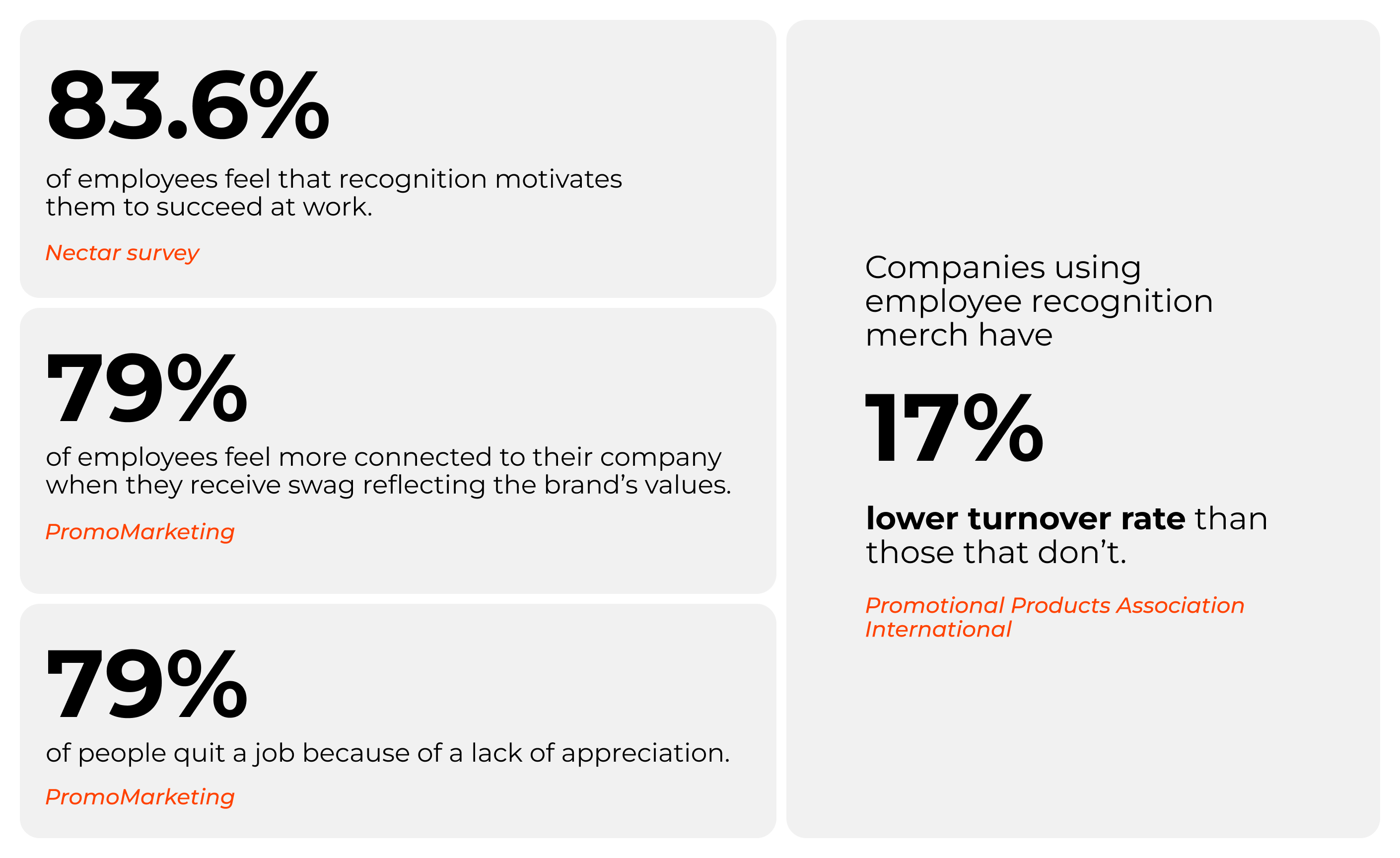
Remote employees, in particular, benefit from corporate gifting. Unlike their on-site counterparts, they often miss out on recognition visible in a physical workplace. Sending high-quality corporate swag to remote team members bridges this gap, offering physical appreciation that strengthens their connection to the company.

2025 team gifts trends
Relying on our expertise and the latest corporate team gift insights, we’ve identified key trends and criteria for selecting employee appreciation gifts that work:
1. Sustainable team gifts
Eco-friendly team gifts are at the top of the trends. Employees and companies alike value gifts that reflect environmental responsibility. Choose items made from biodegradable, recyclable, or organic materials like GOTS-certified cotton or bamboo. Other sustainable team gifts examples include reusable watter bottles, eco-friendly lunch boxes, recycled canvas tote bags, and planted notebooks.



2. Deep personalization
Our customers’ requests show that the demand for personalization is growing. Personally tailored gifts, from engraved names to custom designs, make recipients feel valued and appreciated.


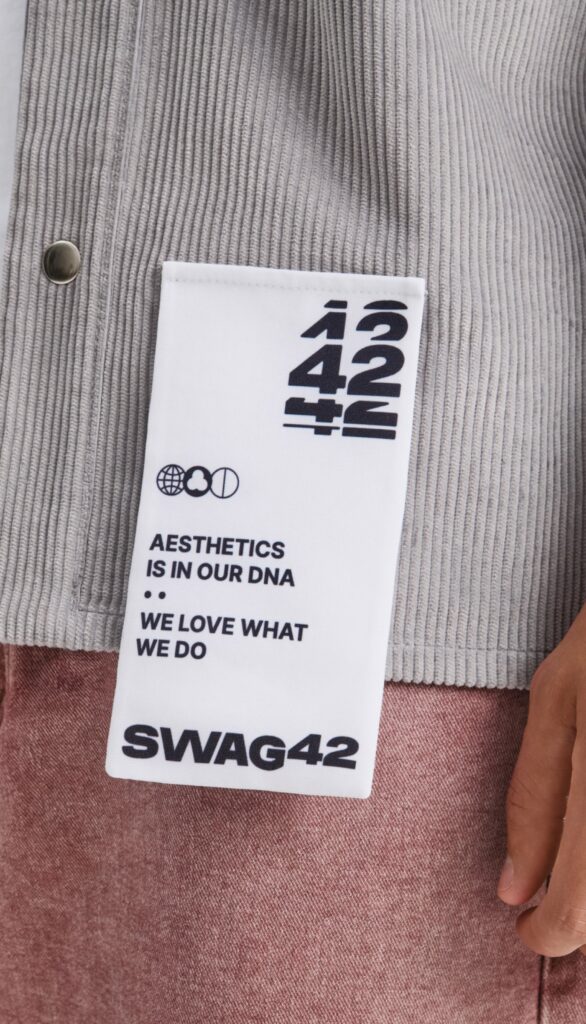
3. High-quality merch with minimal branding
Corporate culture has evolved from shouting, heavily branded items to refined, high-quality products with tiny logos. The focus is on utility and sophistication.
4. Tech-forward gifting
Tech gadgets and accessories impress: they are practical, innovative, and memorable when chosen thoughtfully.
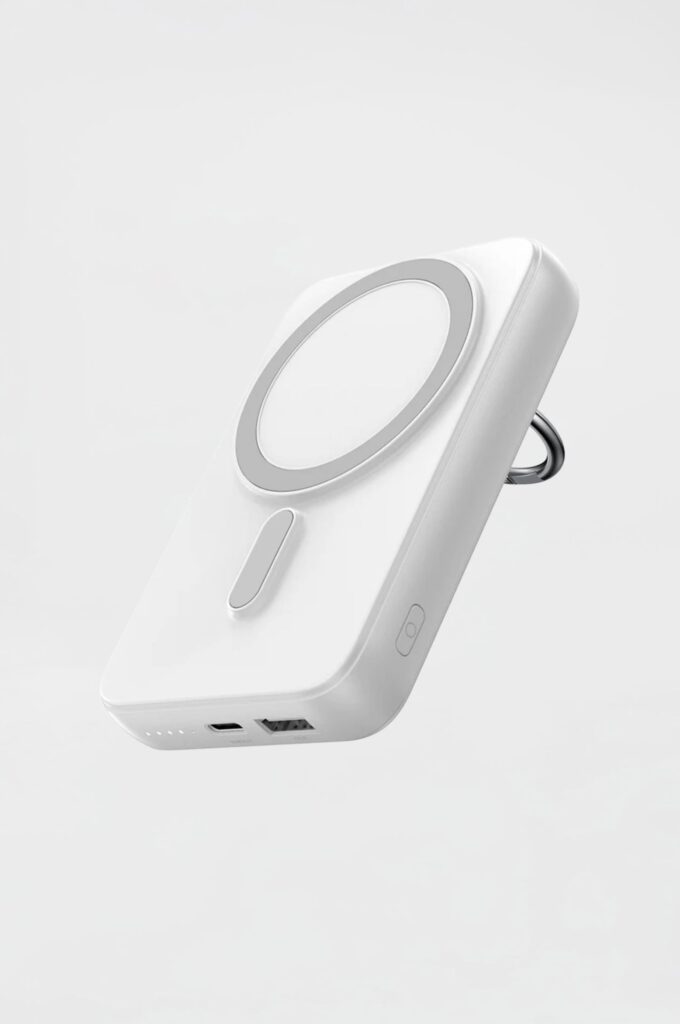
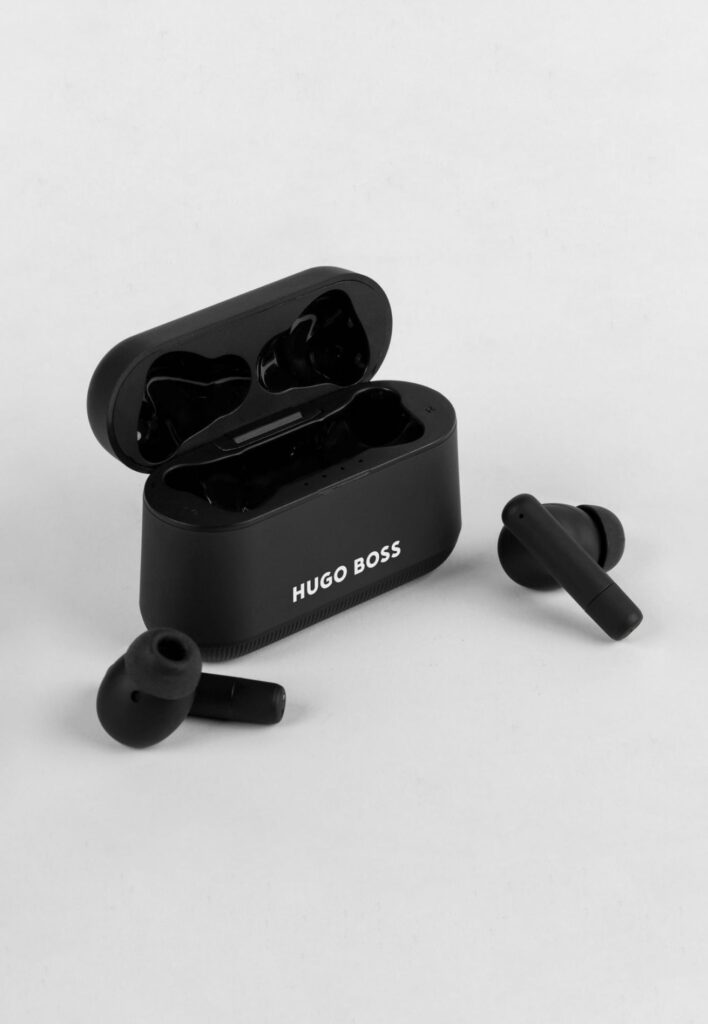
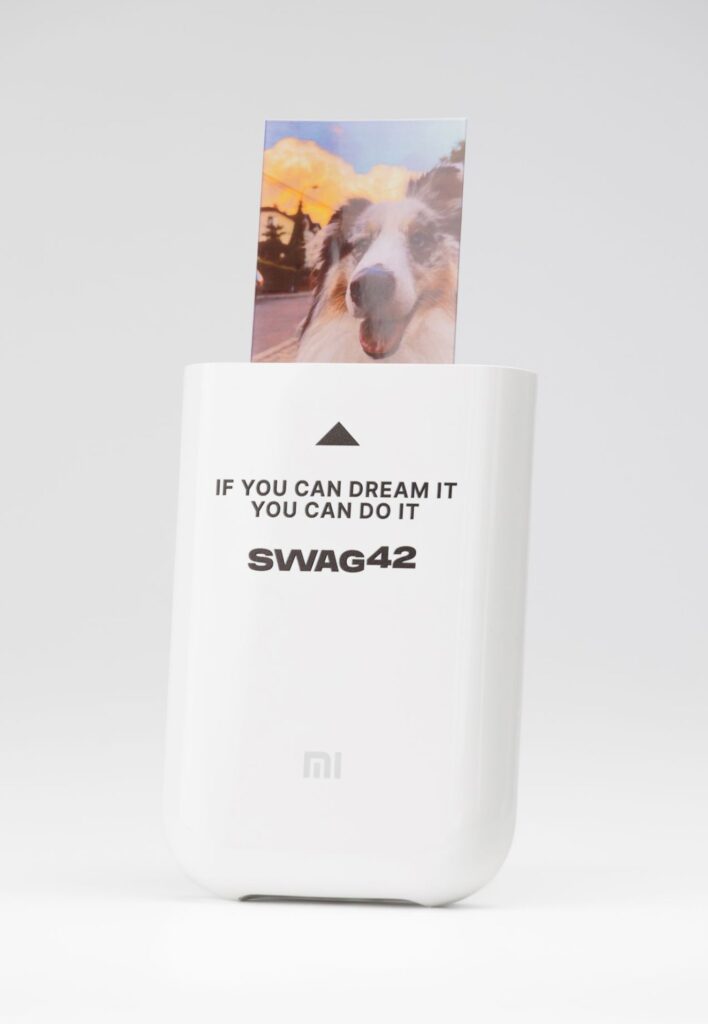
5. Brand inspiration
According to PromoMarketing, 79% of employees feel a stronger connection to their company when gifted items that reflect organizational values. Therefore, the trend is to include art, themes, or mascots from the company’s branding.
Conclusion
In summary, employee turnover is costly but preventable. By understanding and addressing its causes, HR managers can cultivate a more engaged and loyal workforce. And corporate swag is a powerful yet cost-effective tool to create these connections, improving employee retention and loyalty.
Start transforming your workplace culture today!
